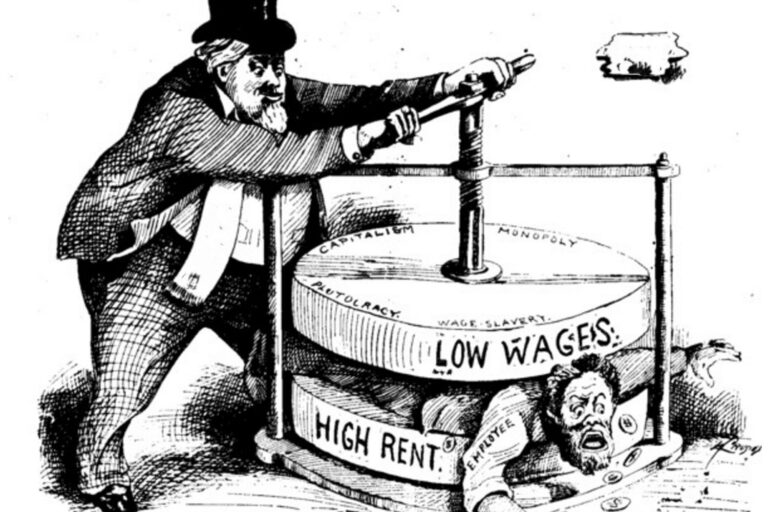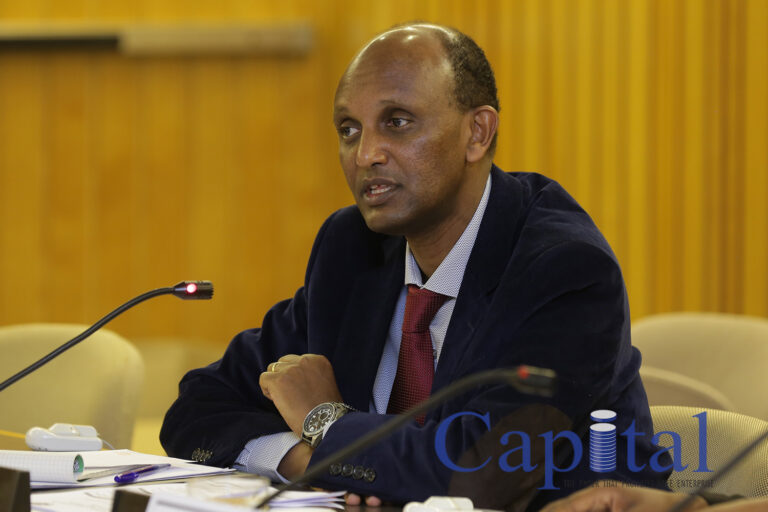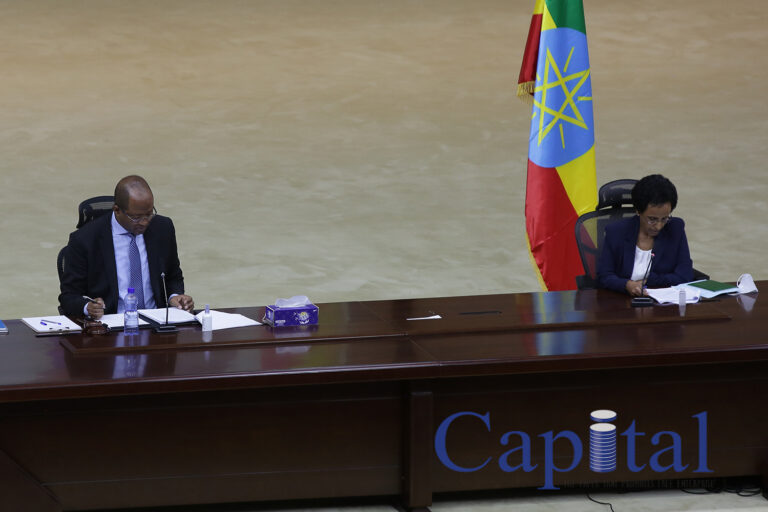The word corporate comes from the word corporal, which means a body, more precisely, a person in the physical. Mimicking the human individual, capital established an analogues entity with legal rights/personality, around the end of the middle ages. The modern corporation is an artificial setup endowed with full legal rights and responsibilities, just like a natural person. Corporations are given this legal status to help them function like humans in most societal interactions. Recently the US Supreme Court allowed corporations even to cast their votes, albeit indirectly. What corporations lack in actual life is more than compensated by their lifeless longevity. A corporation, theoretically, can exist indefinitely. By and large, it is only corporate failure (like bankruptcy, etc.) that kills a corporation. For example, the longest business entity in the world was ‘Kongo Gumi’, a Japanese temple construction business founded in 584 AD. It only folded in 2009, after operating for 1442 years!
The corporation in its more modern stature came into being around 1600 AD. The British East India Company was the first entity to fully utilize the corporal set up. It is this company that triggered the Boston Tea Party (the American Revolution) as well as the ‘Opium War’ in China. If truth be told, the British East India company was a semi-government entity with sovereign rights/mandates, including monopolies in trades across the oceans. To be sure, the widespread use of the corporation format facilitated commerce and investment all over the world, as it allowed complex organizations to be at once efficient and autonomous! Certainly, it was a better mode of accumulation compared to those of previous eras. In ancient times slavery (long before the phenomenon was falsely associated with color/race/ethnic lines) was the only means of lucrative accumulation and it lasted quite a long time. We can even cite a recent example that is more familiar to many. It was the master/slave production relation that gave rise to the immense wealth of the new world/Americas. Many of the foundations in the USA for example, had directly benefitted from slavery (Harvard, Yale, etc.). The Bank of Lehman Brothers, which went bankrupt in 2008, was quite a big player in the financing of the slave trade from Africa!
During the European Middle Ages, a more enlightened system of accumulation was gradually established, namely, ‘feudalism’. This system replaced slaves by serfs and allowed some space for the human operators to pursue their lives as relatively autonomous entities. The serfs were not mere properties of the ruling classes. The corporation system or modern capitalism allowed the employment of human labor without the above horrendous shackles. Of course, there had always been ways of imposing restraints on ‘free labor’. Nonetheless, it proved better than the previous modes of productions. It even allowed the participation of labor in some kind of profit sharing scheme. To be sure, the proletariat-corporation nexus have not always been an amicable arrangement. Social existence in the 20th century has been a chaotic alignment and realignment between the above two main protagonists of the prevailing world order (Socialism vs. Capitalism). In the 20th century, the general mobility of capital, without much option for free labor movement, started to complicate matters in the globalized world economy, resulting in what is now called polarized and polarizing globalization. For the most part, polarization is the result of the following. In the current globalization, which is worshipped by capital and its human minions, labor is cut off from participating in the complete cycle of production processes. That is; capital, thanks to its corporal set up, became loose footed, as it can magically be in many places at the same time, while labor, which is naturally circumscribed to a given nation-state, remained stuck, rather indefinitely! Unlike the slave-master, serfs-feudal tie up, the proletariat-corporate nexus greatly helped capital skip the confinement of geography. It was set free to roam around the world, looking for better opportunities and always ready/able to abandon any domicile for better profit pasture elsewhere. It is this lopsided arrangement that is now facing the global sheeple’s (human mass) wrath! See the articles next column.
What is inherently disturbing with the current mode of accumulation that leverages the corporation-labor set up is; unlike the old systems, the corporation supported by its techno-sphere is without an iota of conscience, while its manipulative capacity has reached the stratosphere, so to speak. On the other hand, labor remains a biological organism, conscience of nature, social harmony, etc.! The big corporations, like Big Pharma, Big Ag, Big Oil, etc., are mainly interested in profit (capital accumulation) and are more than willing to undermine nature, including human lives! Just look at the Covid-19 theatrics being played out by phony/paid science, compliment of the corporation and its subservient politicos! Look how the corporate led-world ostracizes sane countries like Sweden, just because they are not willing to buy into this vicious scam of the deep state! At the same time, we believe it is instructive to examine nuanced developments of late capitalism outside corporate led societies. In fact and unlike the assumption of many, the People’s Republic of China is not a capitalist country, where ultimate decisions are made in the boardrooms. What obtains in China is a system where the benefits/methodologies, etc., of the capitalist system are utilized to create a human centered society that will ultimately be governed by human values, ambitions, etc., as well as ecological sustainability (in as much as possible)! We admit, this might not be clear or straightforward to many a sheeple, or might not even be possible going forward, given the adversity this new contraption faces from the traditional core of the system (OECD). Nonetheless, the fact still remains that the Communist Party of China, is the ultimate arbiter of economic policies/power, which can override all other institutions, including the corporations and their myriad tentacles.
“Slavery is the legal fiction that a person is property. Corporate personhood is the legal fiction that property is a person.”– Anonymous. Good Day!
END OF THE CORPORATE ERA?
Human Rights Commission bestowed with financial freedom
The new Human Right Commission proclamation gives more financial administration autonomy for the commission.
The proclamation amended the 2000 ‘Ethiopian Human Rights Commission Establishment Proclamation no.210’ in its second extraordinary session held on July 14.
The amended proclamation article 36 sub articles 3 stated that under its internal regulation issued by the Council of Commissioners the commission has full right to administer its finance.
This sub article three is new for the proclamation. The oldest proclamation under article 36 sub article 2 stated of the monies obtained from the sources mentioned under sub-Article (1) of this Article, which state it might be budget subsidiary or other sources, an amount equivalent to a quarterly portion, shall, in advance, be deposited at the National Bank of Ethiopia, or at another bank designated by the Bank, and shall be utilized, in accordance with financial regulations of the government, for purposes of implementing the objectives of the Commission.
In its explanation the Legal, Justice and Democracy Affairs Standing Committee of the parliament said that the new sub article is added to give budget freedom for the institution that is supposed to be free based on its institutional behavior.
Daniel Bekele, Human Right Commission Commissioner said that the proclamation gives financial independence for the commission.
“Budget administration autonomy is crucial for our work as an independent institution,” Daniel, who came from exile and appointed by PM Abiy Ahmed, told Capital.
“Meanwhile we are public institution; we are not member of executive body. If the executive body may have direct or indirect influence on budget administration it would affect the commission’s freedom, which is unique in its operation,” the Commissioner added.
According to Daniel, the key point of this article of the amended proclamation is giving financial and budget autonomy freedom but it is does not mean it will not be audited.
The amended proclamation also added that the leader must be fully engaged on his/her duty.
The old proclamation article 18 sub article 2 has a space for appointee to engaged on other additional job. under ‘Prohibition to Engage in Other Employment’ of article 18 sub article 1 stated that ‘an appointee shall not be allowed to engage in other gainful, public or private employment during his term of office’, while sub article 2 was said notwithstanding the provisions of sub-article (1) of this article, the House (parliament) may allow otherwise in consideration of the particular profession in which the appointee is required to make contribution.
The draft proclamation has changed sub article 2 by replacing the ‘House’ by ‘Board’ of the commission and stated that the board of the commission may allow otherwise in consideration of the particular profession in which the appointee is required to make contribution.
However at the session held on Tuesday July 14 Tesfaye Daba, member of the parliament criticized the sub article 2 of article 18. He said that the duty of the leaders at the commission is very critical that needs full attention. “Due to that the sub article should be revoked and the commission leaders to be fully engaged in their responsibilities than allowed to more works,” Tesfaye argued.
At the session some other members of the parliament have given similar comments and except one abstains the parliament agreed to revoke the second article fully.
Since the political reform embarked and the new commissioner, who is well known for human right issues, comes to the position the commission has become more strong and independent. For instance in the past few period the commission released several critical statements and reports on human right issues against the federal and regional administrations.
Parliamentarians demand reform at their institutions
Members of the parliament, who evaluated the fifth year of the parliament period this week, expressed their disappointment on the parliament secretariat and ask for the reform to happen at their institution.
In their extraordinary session that was held on Tuesday July 14 members of the parliament said that the strength of the secretariat administration is being eroded from time to time.
Members claimed that they are responsible to control and evaluate the activity of other executive bodies but they are not getting proper service at their own institution.
“The service we are getting from the parliament secretariat is very poor,” they expressed their disappointment.
Lack of qualified or capable staff in the administration is a major problem, according to members of the parliament. Several members frequently mentioned the attitude and ethics of support staff like drivers, is very disappointing that needs immediate change.
They asked where the reform is happening at the parliament. 
Tagesse Chafo, Speaker of the House, accepted most of the claims and said that changes are undergoing. He said that there are problems regarding ethics and protocol that are supposed to be solved. “The house has also shortage of staff that was in the process to fill but later suspended by the global pandemic, COVID 19, that also restricted most of the activities at the parliament,” he said.
Tagesse said that there were activities to hiring professionals but that was delayed due to the pandemic.
Meanwhile the parliament administration mismatch issue has taken several times at the discussion following the report of Shitaye Minale, Deputy Speaker, about the one year performance of the parliament.
The members said that differently the house has become powerful and independent compared with the past periods. “The freedom at the parliament now is different,” one of the members of the parliament said. But she expressed her concern that the freedom, which should be appreciated, sometimes went against the country’s culture and norms. “We observed that there were substandard debates and unethical phrases and arguments that did not fit the norm of the parliament,” she added.
Shitaye said that the construction of the new building for the parliament has commenced in the budget year. In the year 75 million birr has been allocated for the project and it is being carried out by initial payment of over 40.4 million birr, according to the Deputy Speaker.
This year the parliament ratified 58 proclamations.
Rift Valley wines awarded at the 2020 Monde Selection International Wine Contest
The Monde Selection International Wine Contest that took place on July 2 and 3 at the Hotel Manos Premier in Brussels awarded Castel Winery Plc for its Rift Valley Cuvee Prestige- Chardonnay 2018, Rift Valley – Chardonnay 2018, and Cuvee Prestige- Cabernet Sauvignon/Merlot 2015, a prestigious Gold medal which serves as a seal of approval in the European wine industry.
According to a statement Castel sent to Capital the international jury was thrilled with the quality of the wines submitted for this edition of the contest. “The medalwinning bottles came from 20 different countries and included 56% red wines, 22% white wines, and 22% liqueurs, sweet wines, and rosé. Some countries really stood out during the competition, as was the case with Portugal, winner of 19% of the medals, closely followed by France and Hungary sweeping 18% and 15% of the medals respectively,” reads the statement. 
Monde Selection Wines appointed an international Jury of wine professionals, all prominent experts coming from across Europe. They were selected for their acknowledged proficiency and technical competence in evaluating the quality of wine.
This year’s jury was comprised of oenologists, sommeliers, professors and lecturers as well as wine journalists. The contest is recognised for its professionalism, its precision and the technical approach of its assessments. Each wine is subject to blind tasting in conformity with quality evaluation, calculation, and medal ranking methods officially approved by the most important wine organisations (OIV-UIOE). The awards are granted in compliance with the OIV standard that sets out a 30% award limit for international wine competitions.






